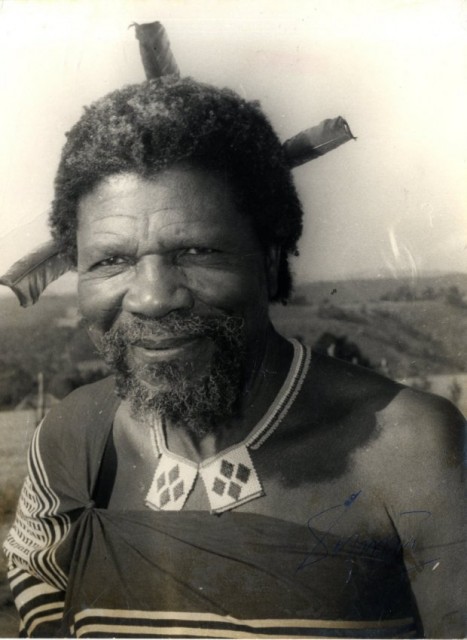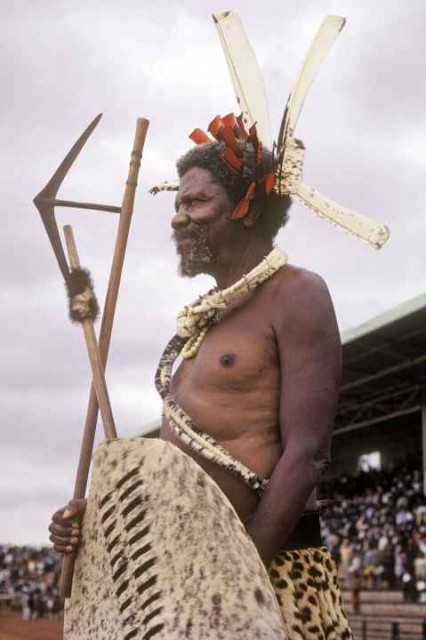Sobhuza I and II
Kings of Swaziland
Sobhuza I (ca. 1780–1839) founded the Swazi kingdom of southwest Africa by uniting various Nguni-speaking clans in southern SWAZILAND. To accomplish this, he used techniques of persuasion that included arranging alliances through marriage and granting titles and choice lands to neighboring chiefs. Sobhuza then moved his people into central Swaziland, defeating rival clans and expanding his holdings as far north as the Transvaal. He defended his territory against attacks by ZULU and Ndwandwe forces and was negotiating with missionaries to consolidate the kingdom at the time of his death.

Sobhuza II (1899–1982), a descendant of Sobhuza I, was named heir to the throne as an infant. By the time he was crowned in 1921, the Swazi kingdom had grown considerably weaker. However, Sobhuza II was skilled in diplomacy and managed to restore the kingdom's power by playing off settlers, colonial officials, and local rivals against one another. When Swaziland achieved independence in 1968, he became its first ruler. Five years later he canceled the nation's constitution. Extremely popular, Sobhuza II continued as king without opposition until his death. (See also Kings and Kingship; Southern Africa, History.)
